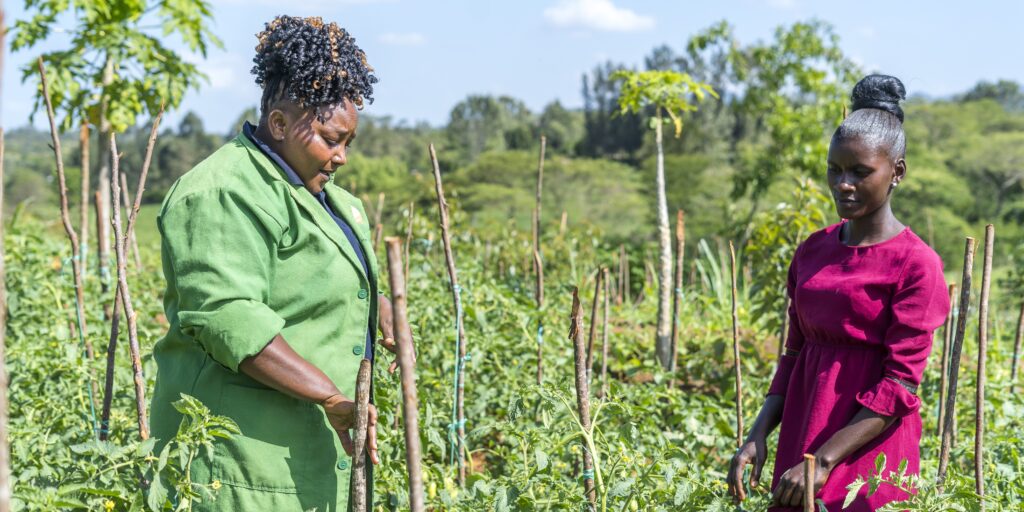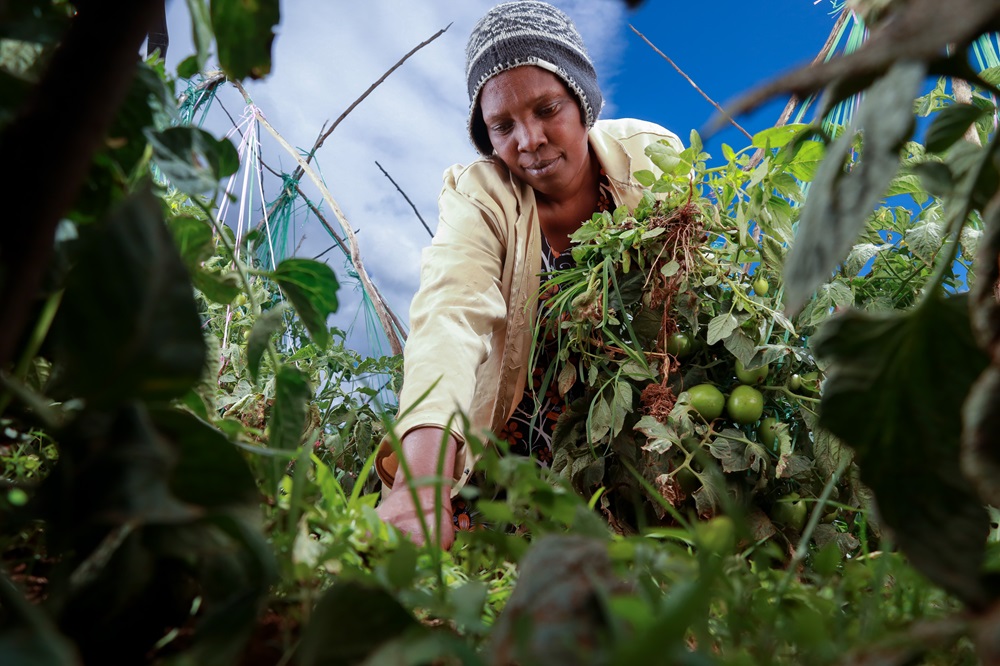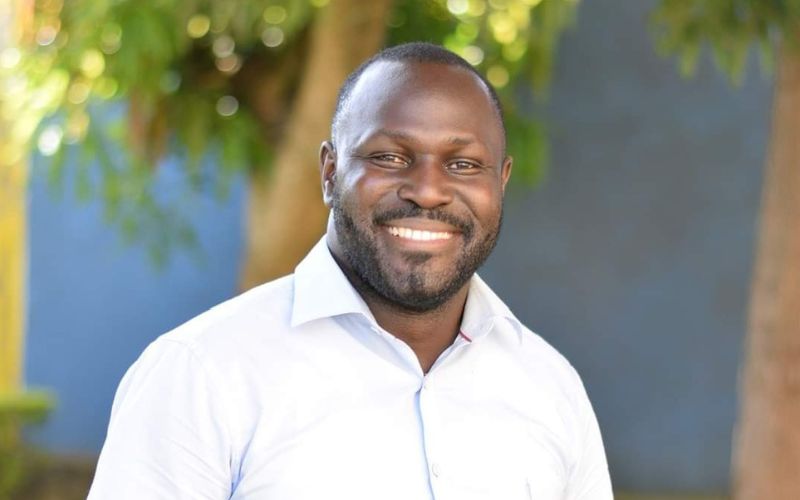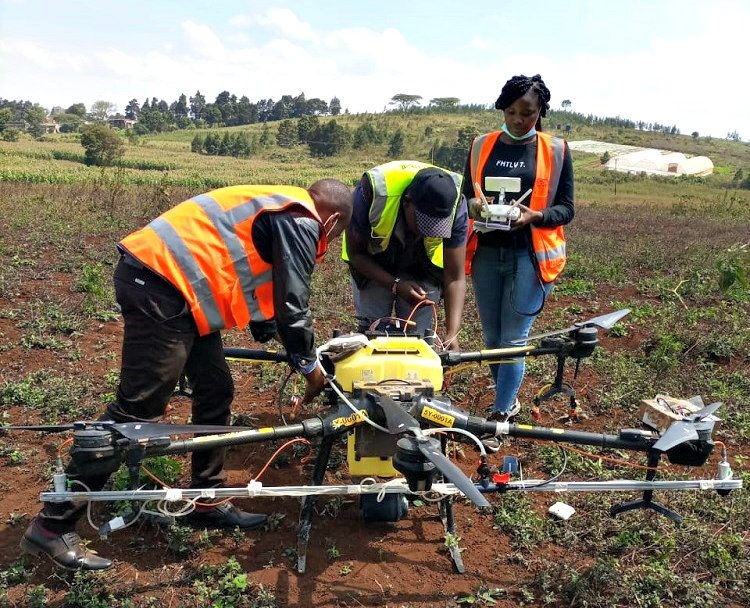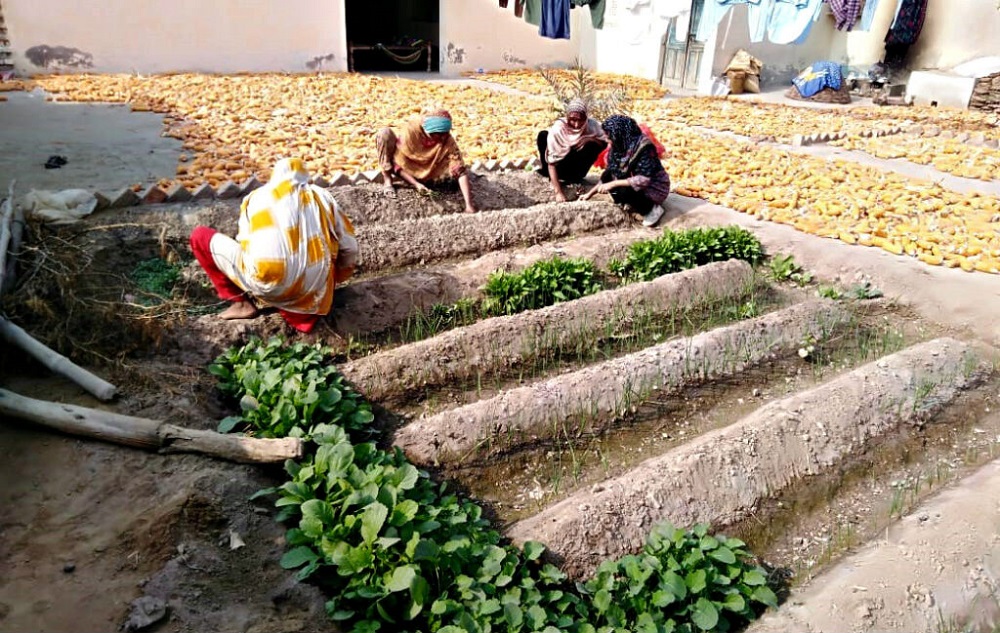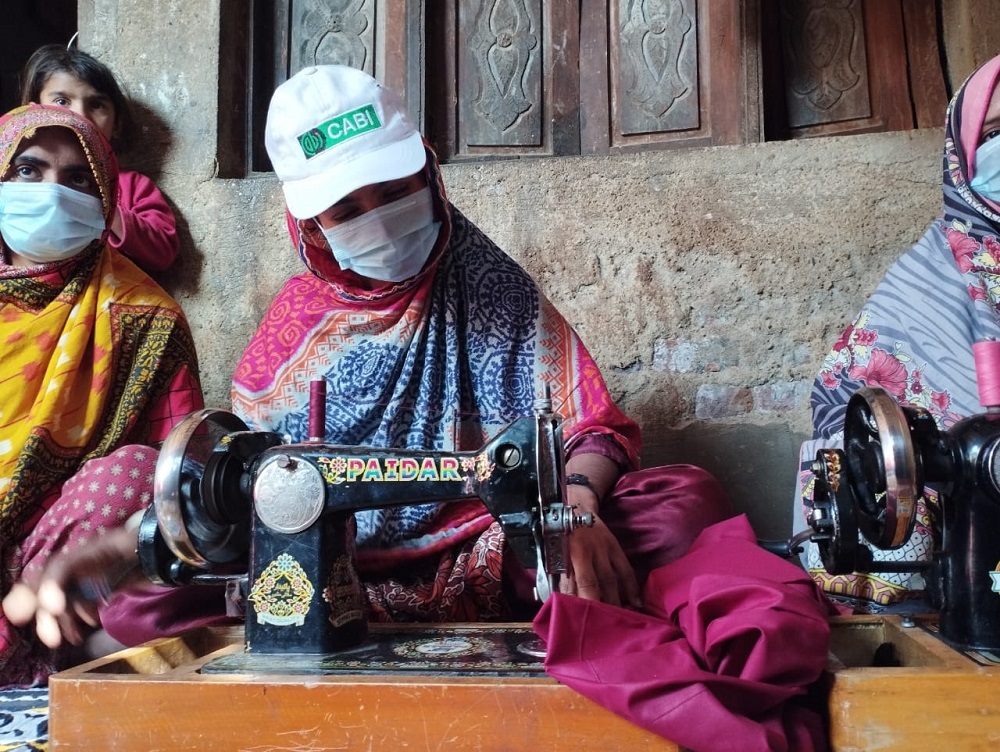The climate crisis disproportionately affects women and girls. We need to act on climate change and gender!
The climate crisis does not affect everyone equally. Women and girls are more likely to experience the greatest impacts of climate change. According to the UN Environment Programme, for example, 80% of people displaced by climate change are women. And in an article from 2022, the UN Entity for Gender Equality and the Empowerment of…
“Positive youth engagement programmes empower young people to reach their full potential”
As CABI’s first Youth Engagement Manager, Deogratious Magero is leading the conceptualization and implementation of CABI’s youth engagement strategy across Africa.

